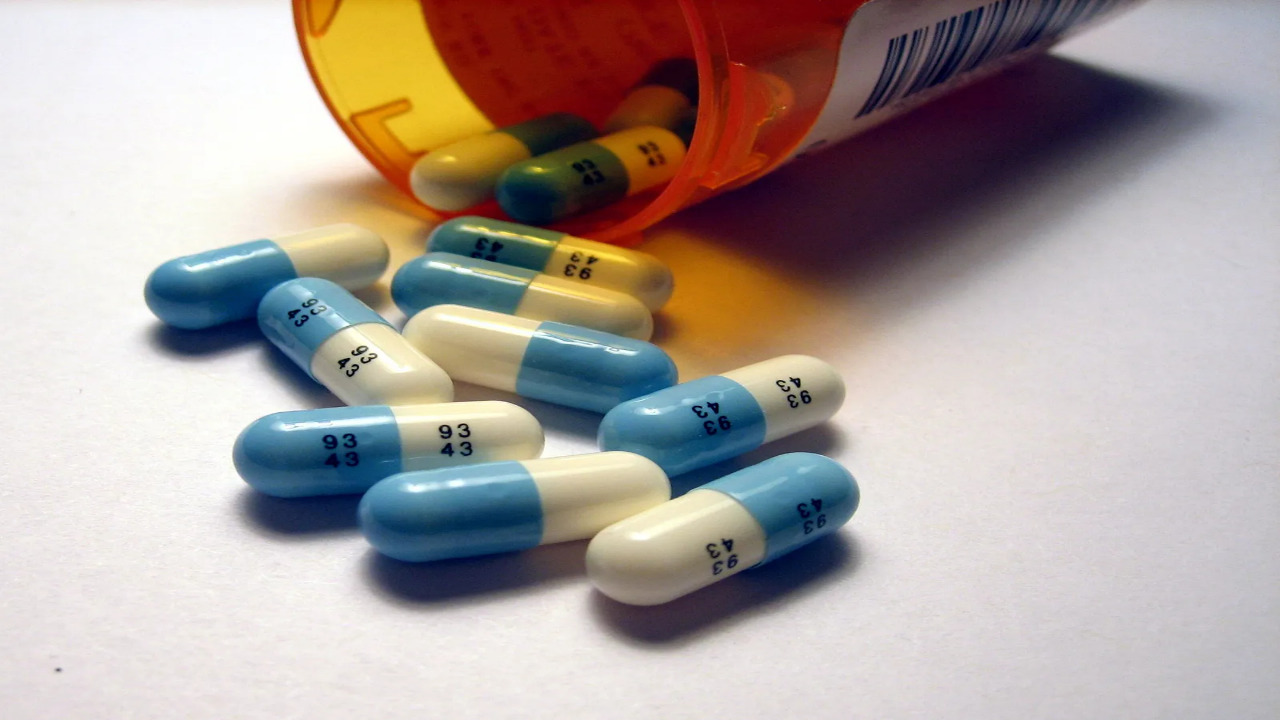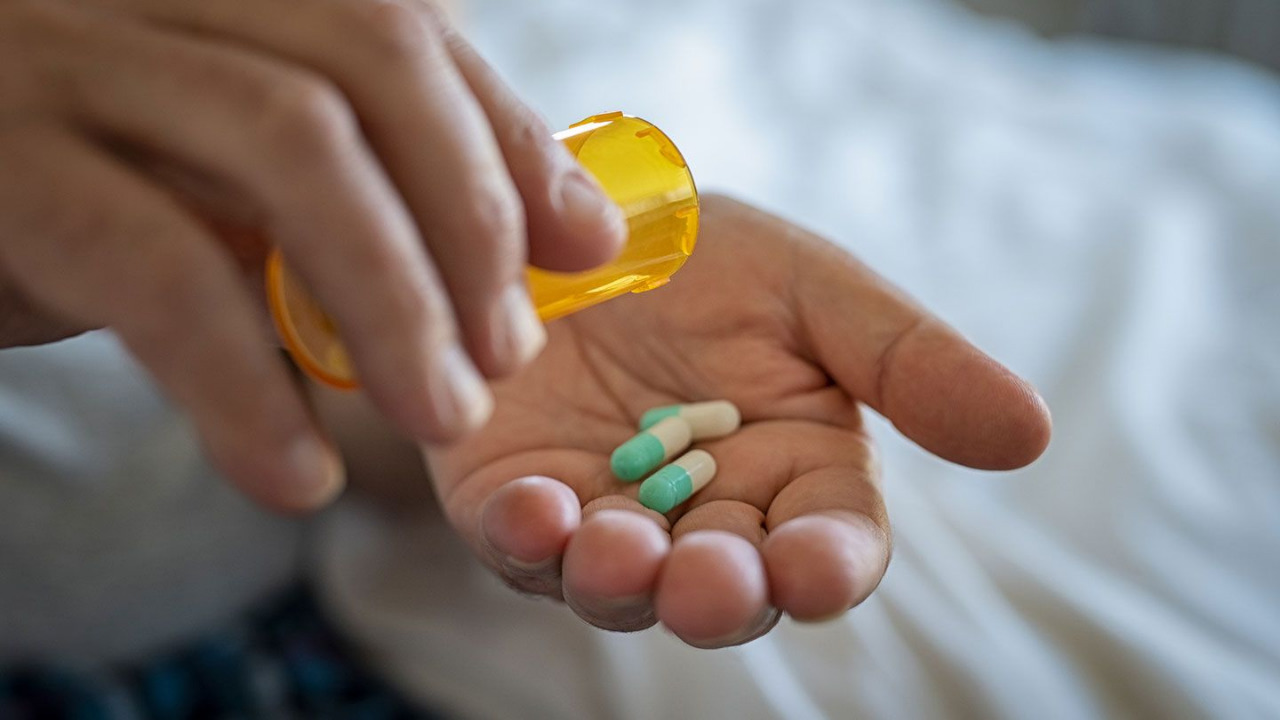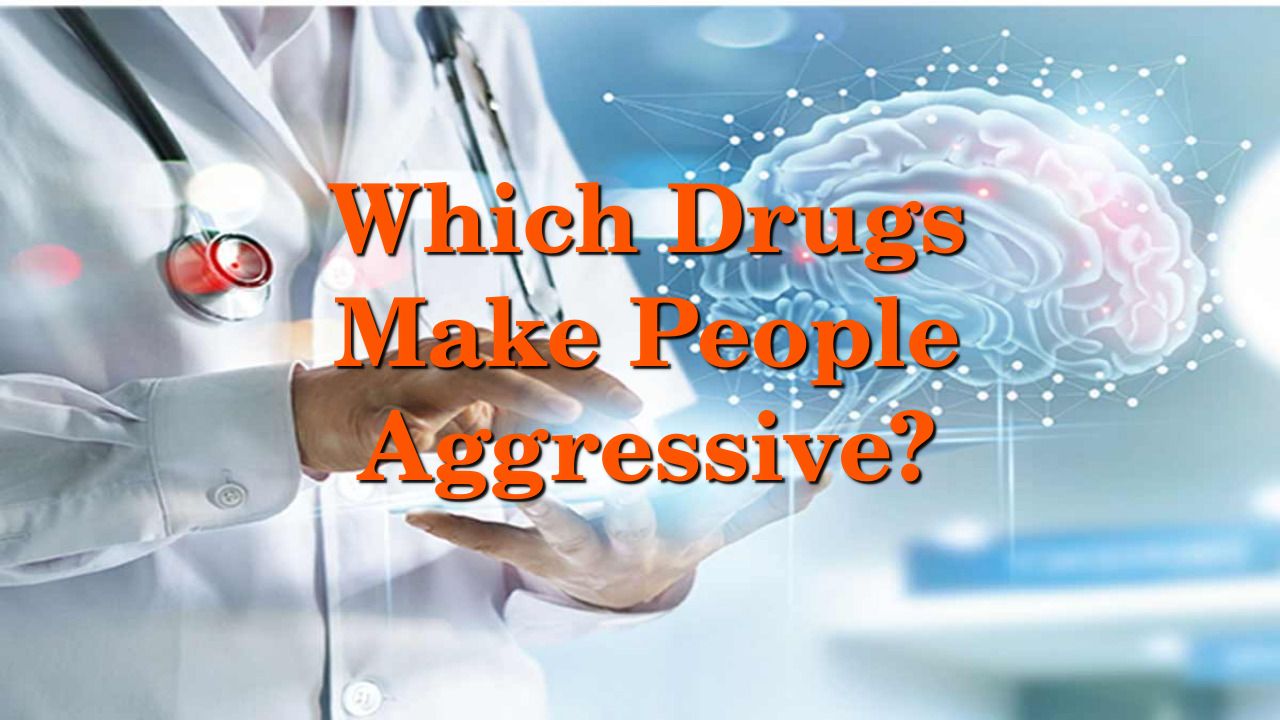Which Drugs Make People Aggressive?
Have you ever stopped and wondered why some people are more aggressive after taking certain drugs? The answer lies within our body chemistry. There are several types of drugs that affect brain function and cause aggression. These include stimulants such as amphetamine, cocaine, methamphetamine, and methylphenidate (Ritalin). Other drugs that increase aggression include opiates, barbiturates, benzodiazepines, and alcohol. There are also other drugs that induce aggression without affecting brain function. Some examples include phencyclidine (PCP), ketamine, and 3,4-methylenedioxymethamphetamine (MDMA or ecstasy). Aggression is defined as “a state of mind characterized by anger, hostility, belligerence, or resentment; a disposition to act violently or aggressively toward others.”
In the workplace, aggression is usually seen as a negative trait. However, some drugs may actually make people more aggressive. Here is a list of common prescription medications that may cause aggression:
Antidepressants

Antidepressant medication is used to treat depression. They also reduce anxiety and stress. Some antidepressants can trigger aggression. These include amitriptyline, clomipramine, desipramine, fluoxetine, imipramine, mirtazapine, nortriptyline, paroxetine, sertraline, trazodone, venlafaxine, vilazodone.
Anti-anxiety Medications

Anti-anxiety medications are prescribed to relieve symptoms of anxiety disorders like panic attacks, generalized anxiety disorder, obsessive-compulsive disorder, and post-traumatic stress disorder.
These medications can cause agitation, irritability, insomnia, and aggressiveness. Examples include alprazolam, buspirone, chlordiazepoxide, diazepam, lorazepam, oxazepam, prazosin, propranolol, quetiapine, risperidone, zaleplon, and ziprasidone.
Blood Pressure Medicines
Blood pressure medicines are used to control high blood pressure. They can cause dizziness, headaches, nausea, nervousness, and sleep problems. Examples include captopril, enalapril, losartan, metoprolol, nadolol, nitrendipine, olmesartan, perindopril, ramipril, telmisartan, valsartan, and zotarolimus.
Central Nervous System Stimulants

Central nervous system stimulants (CNSS) are used to treat attention deficit hyperactivity disorder (ADHD), narcolepsy, obesity, and Tourette syndrome. Examples include amphetamine, atomoxetine, bupropion, dextroamphetamine, methylphenidate, modafinil, phentermine, pramipexole, ropinirole, selegiline, and tetrabenazine.
Cocaine
Cocaine causes users to become very talkative and energetic. They may also feel euphoric and lose inhibitions. However, cocaine increases heart rate and blood pressure, making users prone to panic attacks and strokes.
Amphetamines
Users of amphetamines tend to be hyperactive and impulsive. They may also experience hallucinations and delusions.
Heroin
Heroin makes users lethargic and sedated. Users may also suffer from nausea and vomiting.
Marijuana
Marijuana affects users’ moods and perceptions. It also reduces anxiety and stress levels.
Ecstasy
Ecstasy makes users happy and relaxed. It also enhances sexual pleasure.
LSD
LSD makes users paranoid and delusional.
Methamphetamine
Methamphetamine makes users irritable and aggressive.
Ways to get rid of aggression
There are two main types of anti-aggressive medications: antidepressants and antipsychotics. Antidepressants are prescribed to treat depression and anxiety disorders. They also reduce symptoms of mania (a condition characterized by extreme euphoria) and psychosis (delusions). Antipsychotics are primarily used to treat schizophrenia and bipolar disorder. These drugs can cause bad side effects such as drowsiness, dry mouth, constipation, blurred vision, and increased appetite.
Antidepressants and antipsychotics are both effective at reducing aggression. The choice between these two depends on whether you want to treat depression or psychotic behavior. If you’re dealing with depression, then antidepressants are likely to be safer and more effective. If you’ve got a mood problem, then talk to your doctor about medication options.

